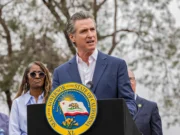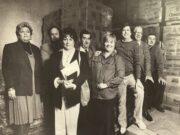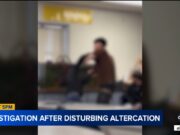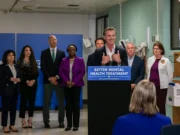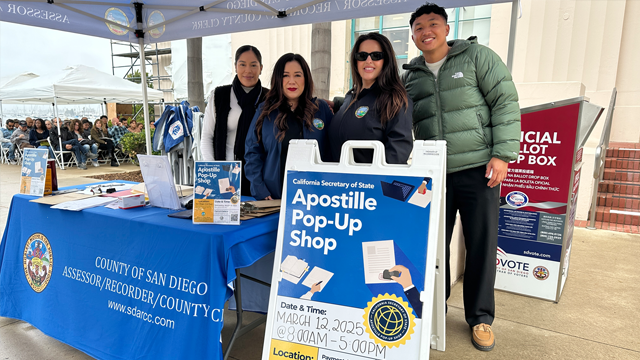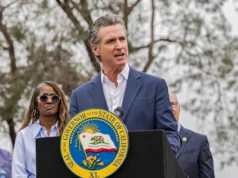By Bo Tefu and Antonio Ray Harvey | California Black Media
The California Secretary of State’s office has launched a new Apostille Pop-Up Shop series, bringing document authentication services directly to communities across the state. The series kicked off September 17 in San Diego in partnership with the San Diego Assessor-Recorder-County Clerk’s Office.
Upcoming events include Dublin on September 26, Salinas on Oct. 1, Fresno on Oct. 20, and Santa Ana on October 23. At each location, residents can have official documents such as birth certificates, marriage licenses, and educational records authenticated for international use.
“This is about expanding access and making sure Californians can more easily get the services they need,” said the Secretary of State’s office in announcing the program. Officials added that hosting the events in local communities is intended to reduce travel burdens and provide faster, more convenient service.
To obtain an apostille, participants must bring the original notarized or certified document, a completed request cover sheet, and payment. The fee is $20 per apostille, plus a $6 special handling fee for each signature that requires authentication. Payment is accepted by Visa, Mastercard, check, or money order. Cash is not accepted.
Due to high demand, officials warn that wait times at the pop-up shops may run up to three hours. Residents who cannot attend may send documents with a trusted person to submit on their behalf. Apostille requests can also be processed by mail or in person at the Secretary of State’s offices in Sacramento and Los Angeles.
The pop-up shop program reflects a broader push to modernize government services and ensure residents across California have easier access to critical resources. By offering mobile services in multiple counties, the Secretary of State’s office aims to make document authentication faster, more convenient, and more accessible.
The effort underscores the importance of apostilles, which allow Californians to use official state documents abroad with international recognition. Officials say expanding the service directly into communities helps residents save time and ensures California remains connected globally.


